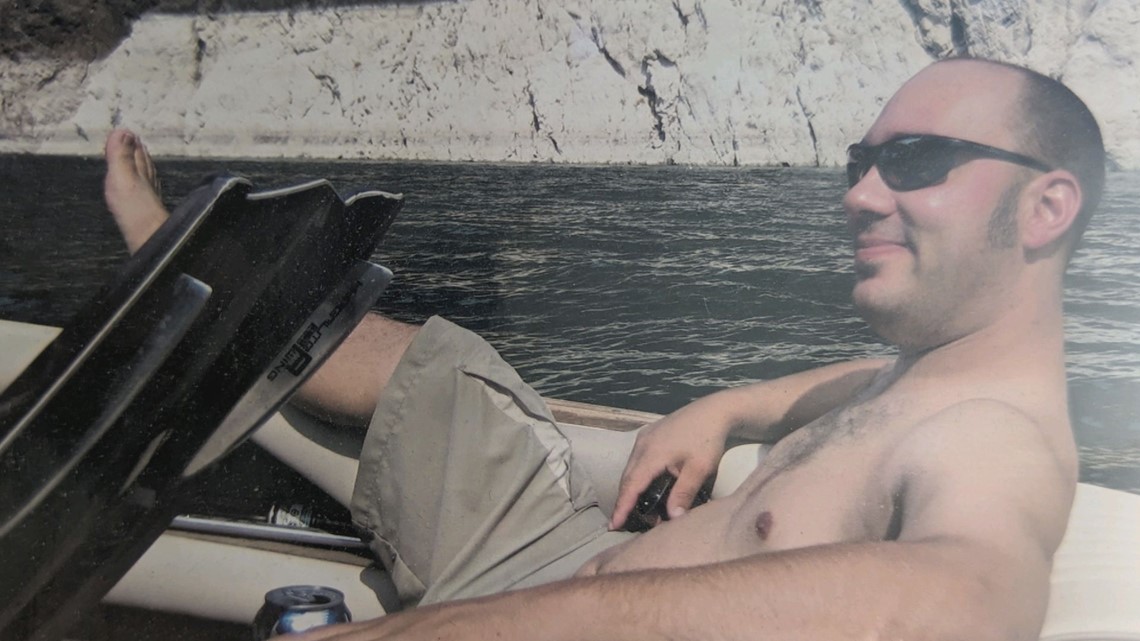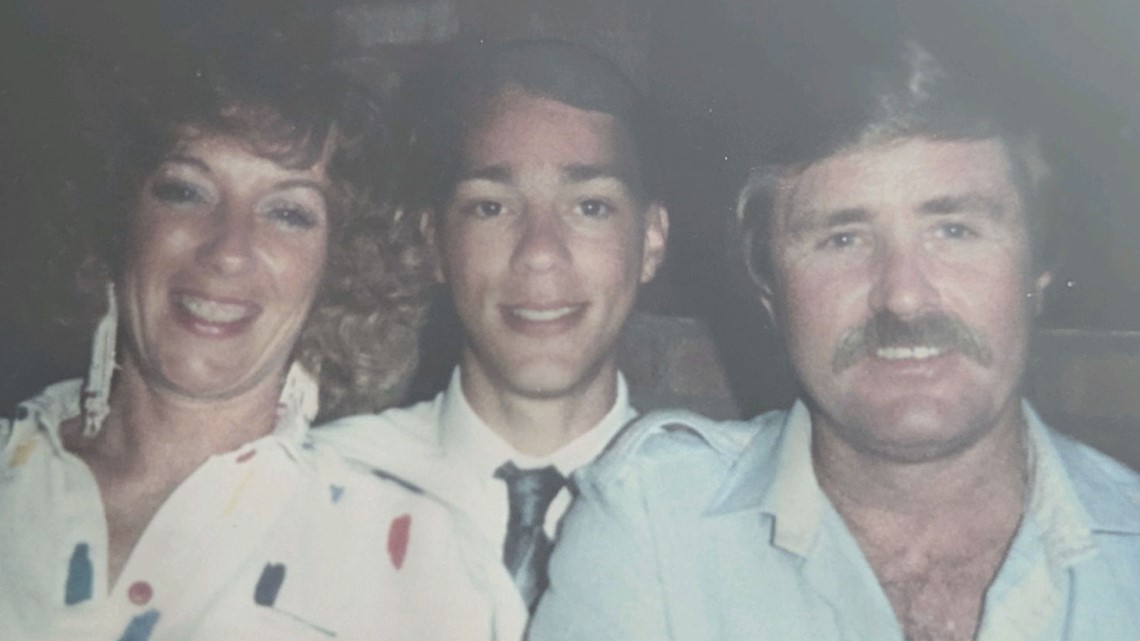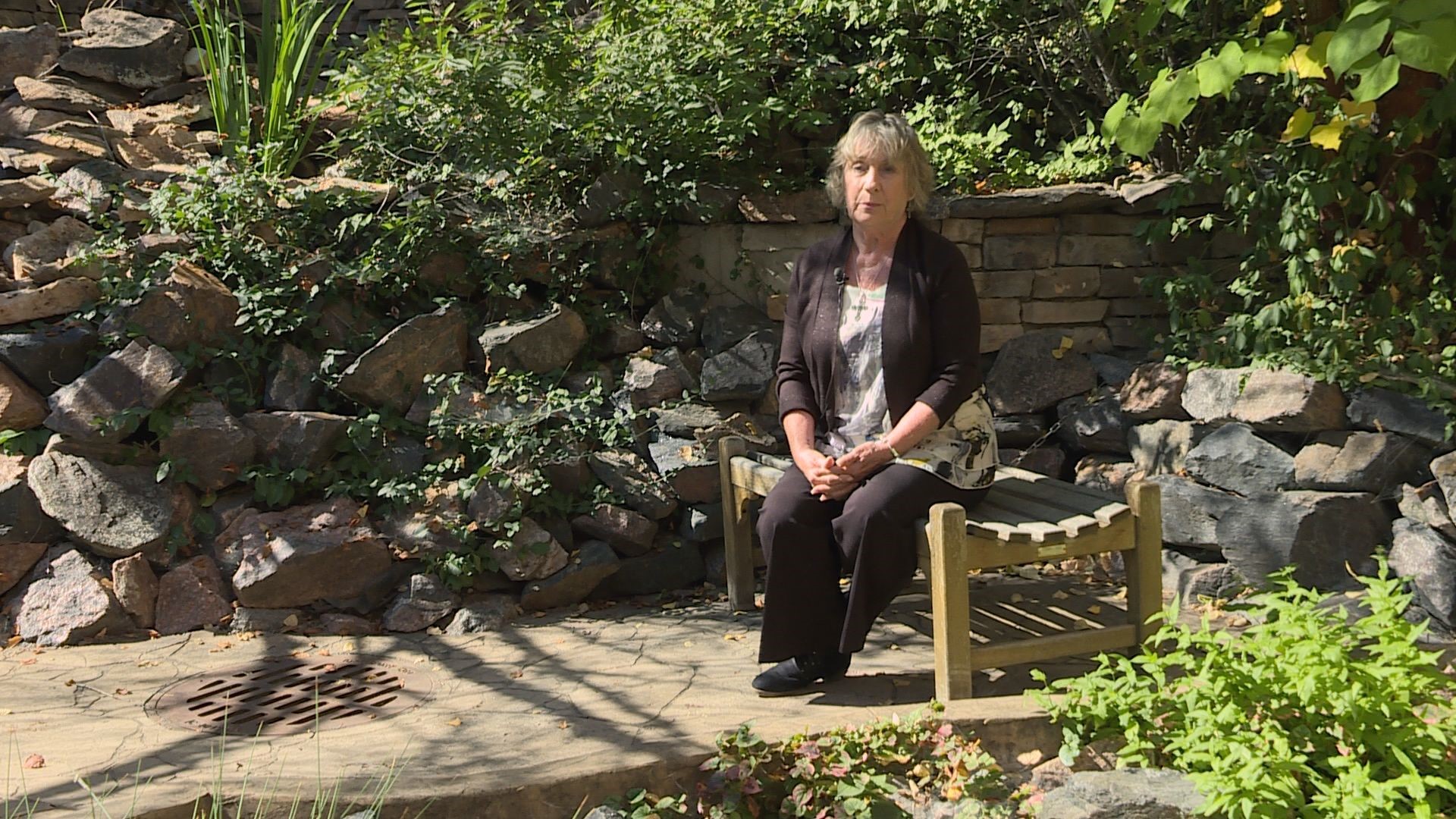DENVER — When an emergency room patient leaves the hospital after a suicide attempt, an overdose or another mental-behavioral health issue, a follow-up conversation can truly be a lifesaver.
One woman who signed up to make those difficult, but crucial, phone calls is uniquely qualified for the job.
“I personally believe all the things that have happened in my life have prepared me to do this,” said Terri Lawson, who works for AdventHealth’s Caring Contacts program. The program started in 2020 at AdventHealth Porter, and is now used across AdventHealth facilities, to help fill the void for mental health patient follow ups.
“When I can talk to someone and they can say, ‘You don’t understand,’ I can tell them I do understand. I have been where you are, I have seen it. I know what it feels like to be helpless and not know what to do next or how you’re going to manage the next day,” Lawson said.
Lawson lost several family members, across multiple generations, to alcohol addiction or suicide. That includes her son Christian, who died in 2011 after mixing alcohol and prescription drugs.


“He was funny. He was happy. He was a good guy – he helped everybody out,” she remembers.
“If there is any way that I can help anybody just stop, take a breath, do anything from helping people lose their loved ones form this disease, that’s what I’m here for.”


Lawson makes about 20 phone calls each day she works, or about 200 a month. Those phone calls are meant to be a “check-in” for the patient, and an opportunity for Lawson and her team to refer, or remind, the patient of other resources: addiction counseling, grief support, crisis services and more.
“A huge time of high risk for folks is immediately post-discharge from the ER or from inpatient units,” explained Bee Jetton, who works as a crisis assessment specialist for AdventHealth and will interact with patients while they are still in the ER.
“There’s so much going on in the ER and [patients] don’t remember what we talked about, or they don’t remember what resources they go to. So if Terri can call them a few days after the ER and ask them, 'How’s it going now? What help do you need now that you’re back home?'” she continued.
“Getting the right person to give them the information, and hearing it for the second, sixth or tenth time might be enough to get the person interested in going and seeking out help.”
The losses in Lawson's life could've been insurmountable. She credits her deep faith, as well as so many of the same services she directs toward patients now, with helping her through the toughest moments.
“I believe it's one person at a time. It's all of us working together and giving them hope, a chance to believe there’s a better way coming and this isn’t the end for them. And that takes all of us.”
SUGGESTED VIDEOS: Mental Health & Wellness

